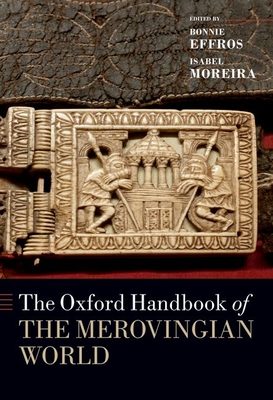
description
comes The Mansions, an epic trilogy of book-length poems which examines exemplary 20th-Century figures Georges Lemaître, Simone Weil, and Teilhard de Chardin, all at the crossroads of science, history, and religion. Capacious in their philosophical explorations, immaculate in their form, stirring in their alchemy of faith and empiricism, each complete section works both autonomously and as part of the whole, building a house that contains many mansions, simulating the dynamic enormity of creation itself -- always already entire and yet unfinished, borderless, infinite. Immersed in a time when cataclysmic geopolitical events coincided with revolutionary scientific progress, The Mansions charts a Dantean journey as it confronts the exigencies and contingencies which define modernity: history, religion, our planet's fate, and the purpose of humankind. A fractal symphony of voices, Tobin's tripartite collection represents a staggering literary achievement -- a lyric narrative that can hold the totality of the divine and of godlessness, that harmonizes time as change and as eternity, that sees "pendant grapes" as "embodied wine." Its music is the harvest "cutting free the perfectly nurtured bruise-colored fruit, hour / by hour," and its wisdom embraces the transience of all things as well as the transfiguration of the self, that everlasting impermanence: "'I see the landscape as it is when I'm not there.'"
member goods
No member items were found under this heading.
Return Policy
All sales are final
Shipping
No special shipping considerations available.
Shipping fees determined at checkout.







